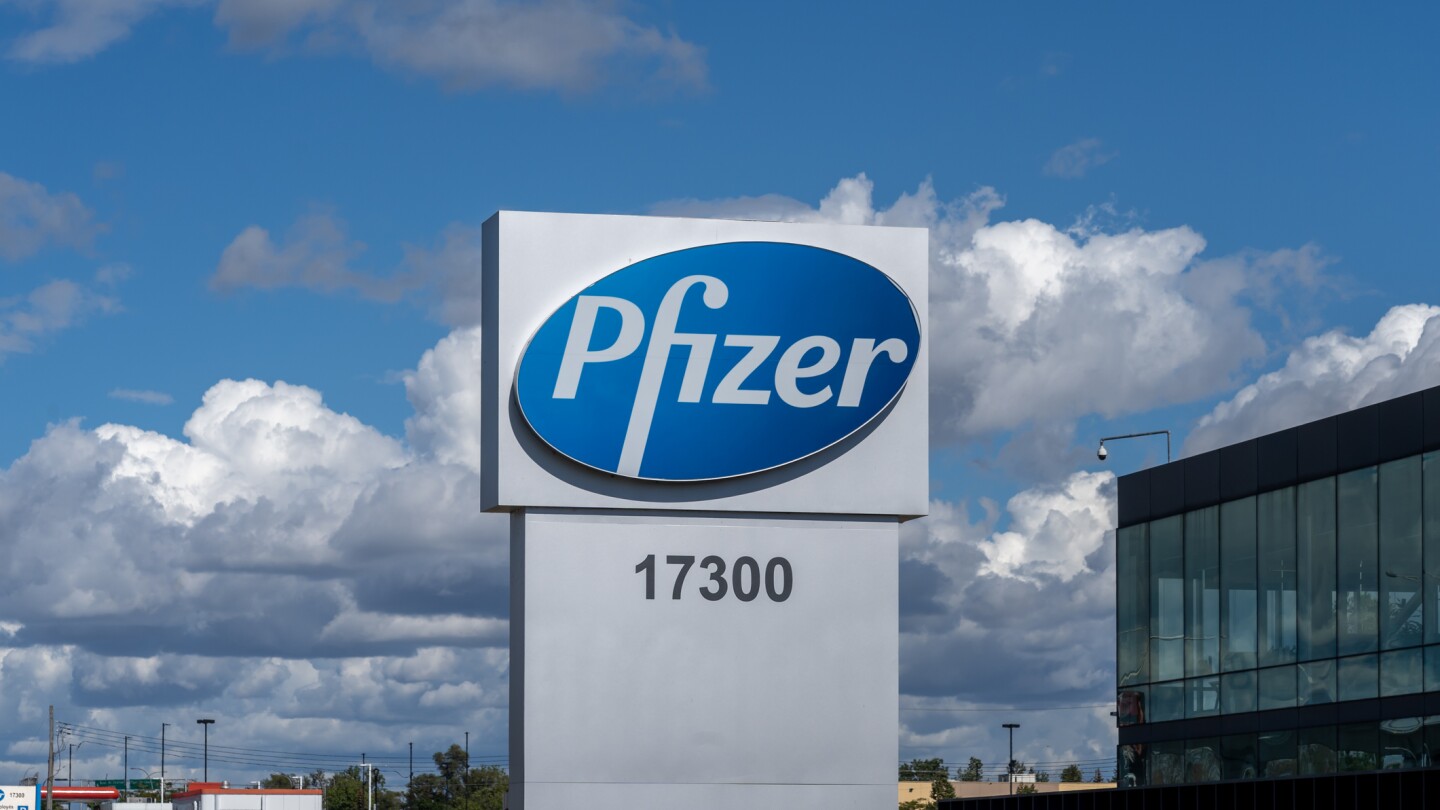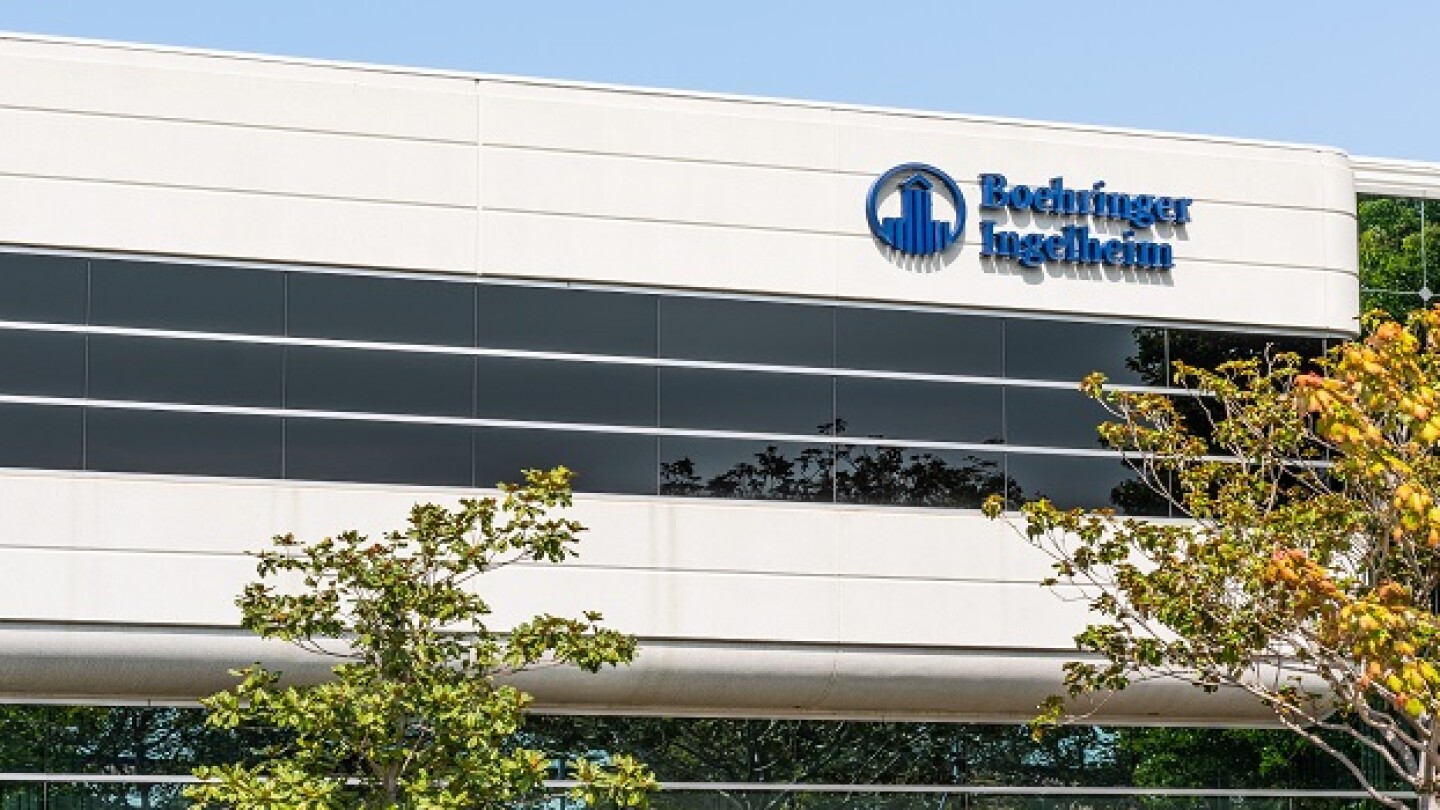News
Johnson & Johnson’s Joaquin Duato is no longer the highest paid CEO in pharma. Meanwhile, just two women make the top 10.
FEATURED STORIES
Mixed headlines have plagued the cell and gene therapy space of late. We believe that a renewed case of optimism is not only warranted but essential if these therapies are to reach their full potential.
Since July, several biotechs have been forced to pivot as previous agreements with the FDA around evidence required for approval were reversed, a phenomenon that, according to experts, could portend a more restrictive regulator.
The drugmaker’s dominance of the obesity market is fueling predictions that years of growth lie ahead.
Job Trends
CureVac N.V. (Nasdaq:CVAC) (“CureVac”), a global biopharmaceutical company developing a new class of transformative medicines based on messenger ribonucleic acid (“mRNA”), today announced that it has strengthened its position in the ongoing patent litigations with Pfizer/BioNTech in Germany and the U.S. by expanding the scope of both cases by asserting new intellectual property rights.
FROM OUR EDITORS
Read our takes on the biggest stories happening in the industry.
Unpredictable communication and a lack of transparency are eroding the industry’s and the public’s trust. The FDA, experts agree, needs to take control of the narrative.
THE LATEST
Benefiting from technological and conceptual groundwork and positive early data, gene therapies are advancing in the clinic for cardiovascular diseases including congestive heart failure, chronic refractory angina and cardiomyopathy.
In this short teaser, BioSpace’s Head of Insights Lori Ellis talks to CBER Director Peter Marks and Tom Whitehead, Co-Founder of the Emily Whitehead Foundation about anticipated discussions at the upcoming GenScript Biotech Forum.
Staff cuts will leave IGM Biosciences with 37 employees. The company is also halting development of two bispecific antibody T cell engagers for autoimmune diseases.
After the successful development of mavacamten and the sale of MyoKardia to BMS in 2020, former executives of the biotech are back together with a mission to make cardiovascular disease curable and preventable.
The Biotech Ecosystem Venture Fund will combine the sourcing capabilities of venture capital firm Andreessen Horowitz (a16z) with Eli Lilly’s expertise in R&D—plus half a billion in capital from the Big Pharma.
Research has shown remnant cholesterol is a significant factor in cardiovascular disease risk.
If approved, Pfizer’s sasanlimab will distinguish itself from Merck’s blockbuster Keytruda as the first PD-1 inhibitor indicated in combination with BCG for high-risk non-muscle invasive bladder cancer patients who had not previously undergone BCG treatment.
Concurrently, a preprint from the industry-backed Vital Transformation found a 50% drop in company investments into small-molecule drug development.
Eli Lilly’s idiopathic pulmonary fibrosis deal with Mediar is centered around MTX-463, an anti-WISP1 antibody that early studies have found to be safe and capable of engaging its target.
On Thursday, Boehringer Ingelheim announced a partnership with Synaffix to advance antibody-drug conjugates and exercised its fourth license option under a 2013 collaboration with Oxford BioTherapeutics.

















